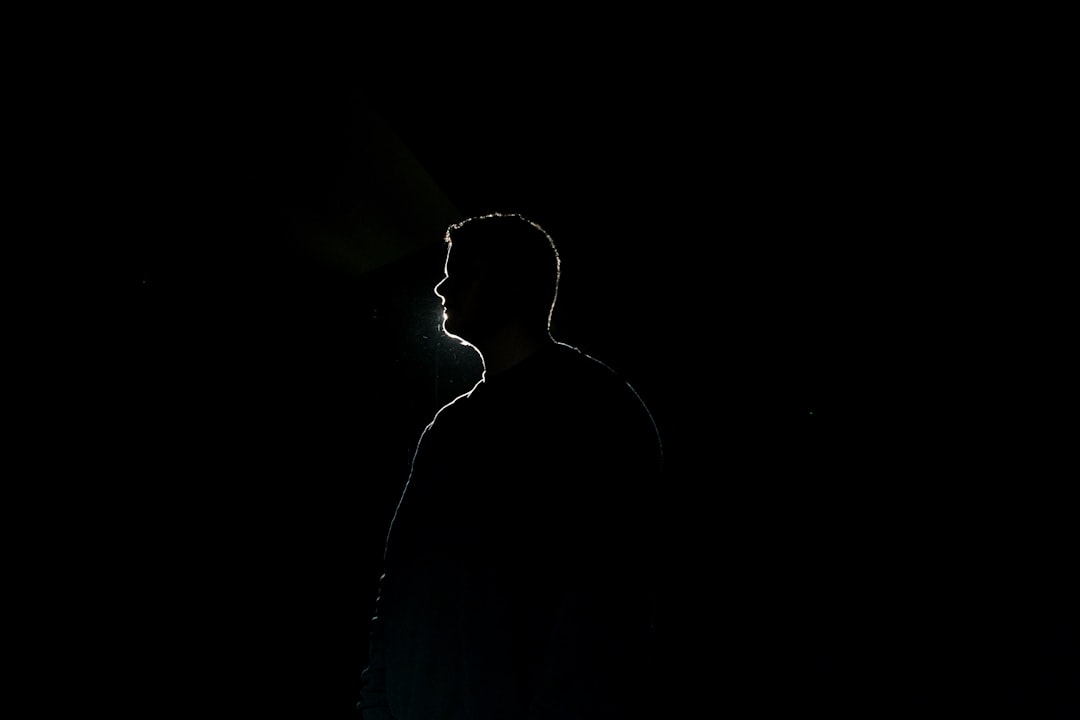What is it about?
Issues considered include: sound ownership; sound vs. vision as determinations of identity, and their relative iconicity; recorded sound; sound as physical phenomenon vs. sound as symbol; issues of copyright and trademark; community ownership; awareness, sensitivity and responsibility; composer responsibility vs. listener responsibility; the relative importance of contextualisation; and intercultural dialogue. We will conclude with a critique of the cultural and ethical shortcomings of the article itself, and a call for social, cultural and ethical engagement in creative sound work.
Featured Image
Read the Original
This page is a summary of: Towards an Ethics of Creative Sound, Organised Sound, June 2014, Cambridge University Press,
DOI: 10.1017/s1355771814000119.
You can read the full text:
Contributors
The following have contributed to this page










